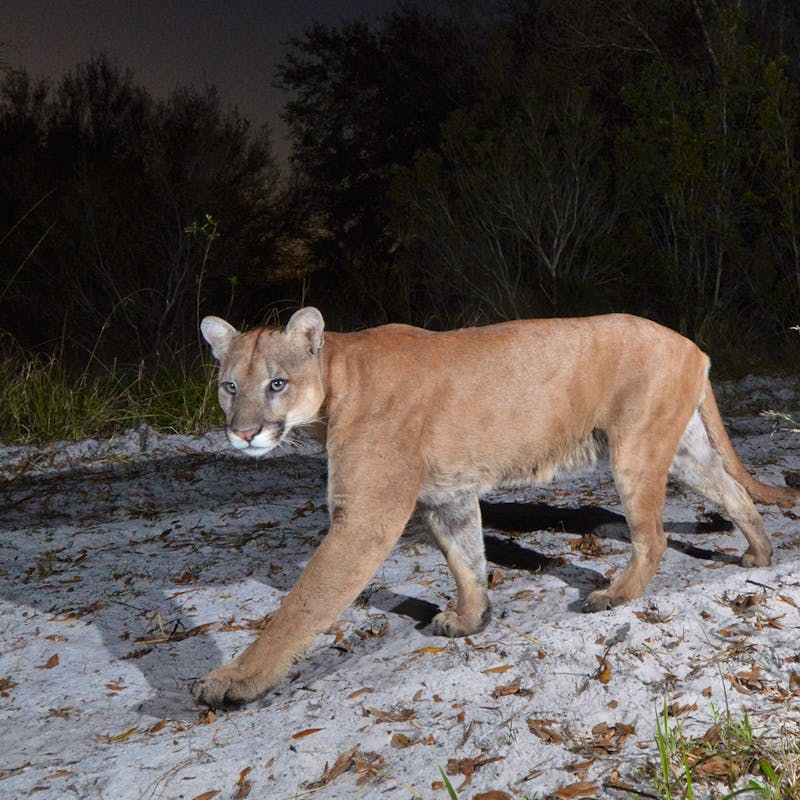 This article originally appeared on the Huffington Post.
This article originally appeared on the Huffington Post.
It’s like a bad trivia game. “On this day in history …” Except today we’re not talking about a record-setting homerun or the birth of a world-famous writer, and no prize will be awarded to a correct response. That’s because today marks not an anniversary, but a memorial, of something this country would probably rather forget altogether.
But for the people who make their homes and livelihoods in the Gulf of Mexico, there’s no forgetting that on this day last year, BP’s Deepwater Horizon rig exploded into flames, killing 11 of its workers and initiating the worst oil disaster this country has ever seen.
Joining them to bear witness to the unfolding tragedy, we stood by helpless as more than 205 million gallons of oil spewed into Gulf waters, marring beaches and coastal wetlands, killing thousands of animals and crippling Gulf economies that rely on healthy fisheries and a steady stream of tourists to survive.
A year later, the region is still reeling from the impacts of the oil and toxic dispersants. What has Congress done to ensure that the Gulf is cleaned up effectively, and that nothing like the BP disaster should ever happen again?
Not one thing. In the wake of the Exxon Valdez crisis, the country responded. Shortly after the Alaska spill, legislation that improved the nation’s ability to prevent and respond to oil spills had passed through Congress. The Oil Pollution Act, while not perfect, brought parties together in the common cause of protecting our coasts, our fisheries and our natural treasures. The devastation in Prince William Sound was a call to action, and Congress responded.
And yet this past year, instead of addressing the crisis that is still being played out in the Gulf, Congress has failed to pass any responsive legislation or take any steps at all toward securing our shores from the dangers posed by offshore drilling. In fact, quite the opposite has occurred instead: Big Oil and the members of Congress in its pockets have pushed to open up new areas to drilling, in the Gulf of Mexico, along the Atlantic Coast, off of California and even in Alaska’s Chukchi and Beaufort Seas, which support an intricate and fragile marine ecosystem and where the technology to respond to an oil disaster doesn’t even exist yet.
Oil disasters don’t have to be a permanent part of this country’s future. By making the right choices today, we have the power to choose a clean future.
If their efforts to put our most fragile coastlines at risk are successful, we can anticipate even more costly spills in the future, destroying coastal communities and wildlife habitats. For if treasures like the national wildlife refuges and other protected areas in the Gulf cannot escape harm from drilling disasters, how can we believe that areas like the Chesapeake Bay or North Carolina’s Outer Banks will be safe?
Some in Congress have gotten the message. Reps. Ed Markey (D-MA) and Jay Inslee (D-WA) have offered legislation to implement the recommendations of the bipartisan oil spill response commission. Mr. Markey’s bills would improve enforcement of safety and environmental regulations and provide for Gulf restoration. Mr. Inslee’s bill would adjust the polluter liability cap so that oil company liability is no longer capped at the artificially low number of $75 million per incident and oil companies are held fully responsible for the damage they cause.
Unfortunately, others in Congress are still focused on nothing but more oil. Just last week, Rep. Doc Hastings (R-WA) pushed through committee three bills that would mandate new drilling while fast-tracking oil permits and bypassing meaningful environmental regulations — exactly the kind of reckless approach that led to the Deepwater Horizon disaster.
The only way to ensure we won’t forever condemn future generations to cleaning up our messes is to stop making them in the first place. That means ensuring drilling companies are responsible for fixing their mistakes. It means protecting our coasts from drilling rigs and potentially devastating accidents. It means implementing the recommendations made by the Presidential Oil Spill Commission, measures Congress has no excuse to ignore. It means moving the country in the direction of clean, safe renewable energy instead of subsidizing more oil.
We may still be dealing with the damaging effects of oil and toxic chemical dispersants on the Gulf of Mexico decades from now. But oil disasters don’t have to be a permanent part of this country’s future. By making the right choices today, we have the power to choose a clean future. Hopefully it won’t take another year for our government to decide to lead us in that direction.




